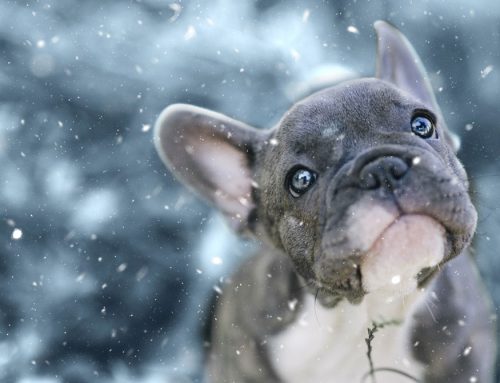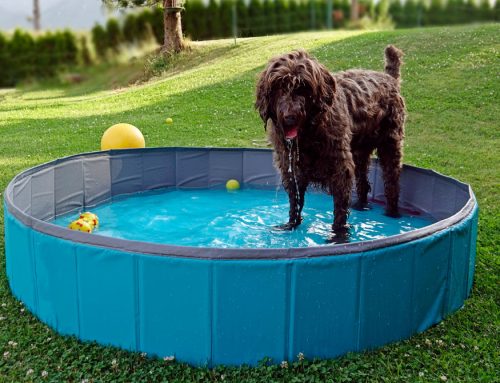Urinary Health for Cats
What are urinary problems?
Urinary problems in cats may have many causes. One cause is inflammation of the lower urinary tract. If crystals and/or stones form in the urinary tract, they can obstruct the passing of urine, especially in male cats. In severe cases, this can lead to kidney damage or may even be fatal if not properly treated.
What causes urinary problems?
Because there is no single cause of urinary problems we may carry out diagnostic tests. Factors that increase your cat’s likelihood of developing a problem include:
Food – High levels of certain minerals in food can increase the chance of crystal/stone formation in urine. Magnesium and phosphate are components of the most common crystal type called struvite. It’s important to keep these levels as low as possible in your cat’s food.The food your cat eats also influences urine pH. Because struvite crystals tend to form less in normal urine. It’s important to feed a food that maintains the correct pH to help control crystal/stone formation.
Home environment – Lack of exercise, living mainly indoors, reduced water intake and dirty litter boxes may cause cats to urinate less frequently. This may lead to the formation of crystals/stones. Cats are likely to drink less water if their bowl isn’t full, is too small or is placed near noisy appliances or by the litter box. Urination my be less frequent if the litter box is dirty, if it’s shared, or if it’s in a busy area of the house.
Body condition – Overweight cats are more prone to urinary problems.
Does my cat have urinary problems?
If your cat has urinary problems, he or she may be very uncomfortable. A blockage can be extremely dangerous, and recognizing the signs of this problem are vital. Because this condition can be very serious, contact our office immediately if you notice any of the warning signs below:
- Straining when urinating
- Incontinence
- Increased frequency of urination
- Blood in urine
- Vocalizing when urinating
- Urinating in unusual places








Leave A Comment